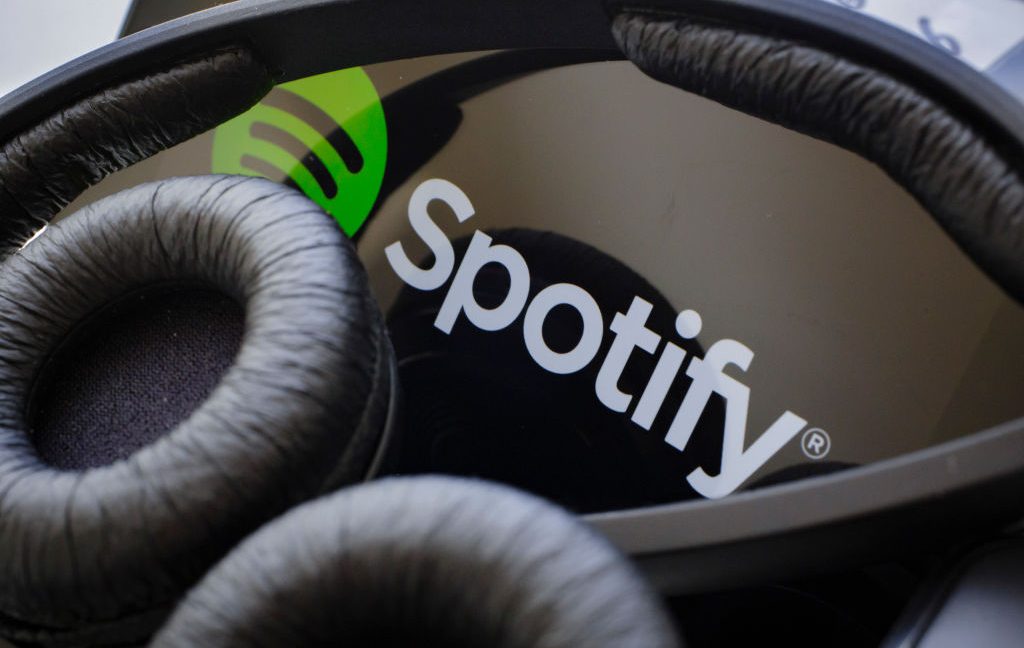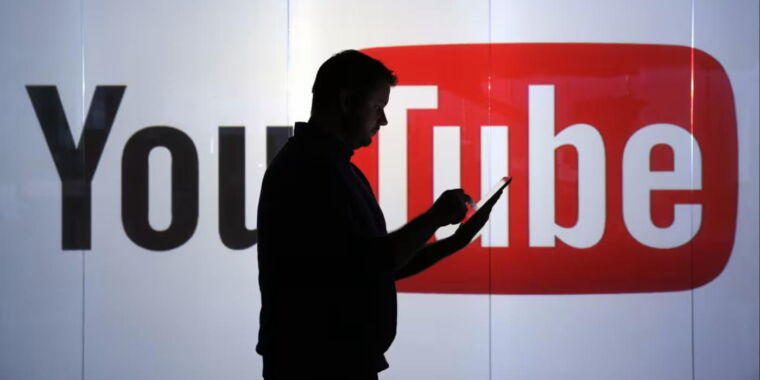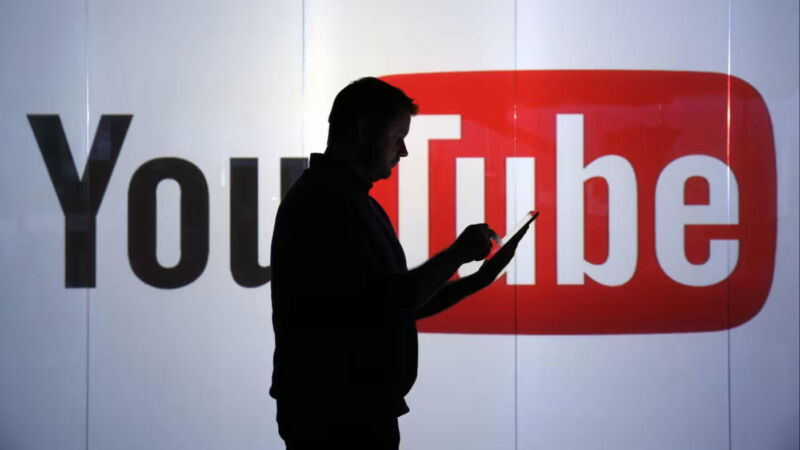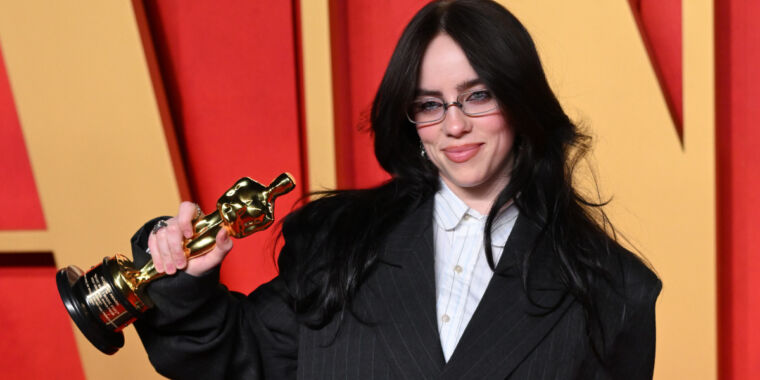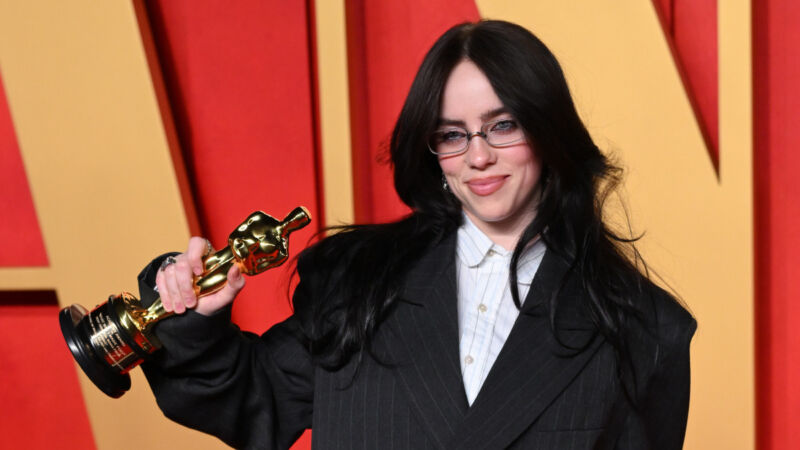Half a million Spotify users are unknowingly grooving to an AI-generated band
Making art used to be a uniquely human endeavor, but machines have learned to distill human creativity with generative AI. Whether that content counts as “art” depends on who you ask, but Spotify doesn’t discriminate. A new band called The Velvet Sundown debuted on Spotify this month and has already amassed more than half a million listeners. But by all appearances, The Velvet Sundown is not a real band—it’s AI.
While many artists are vehemently opposed to using AI, some have leaned into the trend to assist with music production. However, it doesn’t seem like there’s an artist behind this group. In less than a month, The Velvet Sundown has released two albums on Spotify, titled “Floating On Echoes” and “Dust and Silence.” A third album is releasing in two weeks. The tracks have a classic rock vibe with a cacophony of echoey instruments and a dash of autotune. If one of these songs came up in a mix, you might not notice anything is amiss. Listen to one after another, though, and the bland muddiness exposes them as a machine creation.
Some listeners began to have doubts about The Velvet Sundown’s existence over the past week, with multiple Reddit and X threads pointing out the lack of verifiable information on the band. The bio lists four members, none of whom appear to exist outside of The Velvet Sundown’s album listings and social media. The group’s songs have been mysteriously added to a large number of user-created playlists, which has helped swell its listener base in a few short weeks. When Spotify users began noticing The Velvet Sundown’s apparent use of AI, the profile had around 300,000 listeners. It’s now over 500,000 in less than a week.
When The Velvet Sundown set up an Instagram account on June 27, all doubts were laid to rest—these “people” are obviously AI. We may be past the era of being able to identify AI by counting fingers, but there are plenty of weird inconsistencies in these pics. In one Instagram post, the band claims to have gotten burgers to celebrate the success of the first two albums, but there are too many burgers and too few plates, and the food and drink are placed seemingly at random around the table. The band members themselves also have that unrealistically smooth and symmetrical look we see in AI-generated images.
Half a million Spotify users are unknowingly grooving to an AI-generated band Read More »
